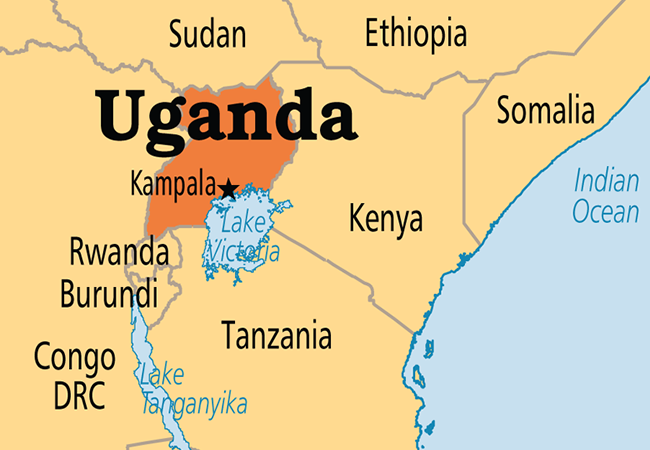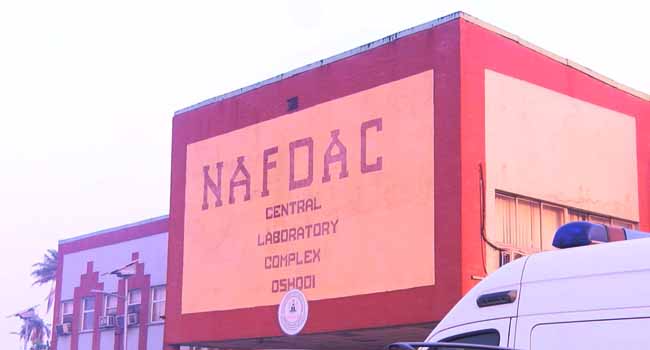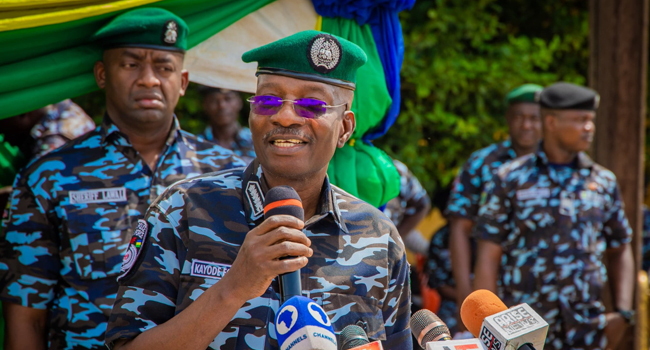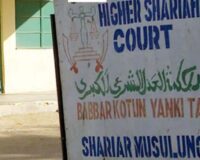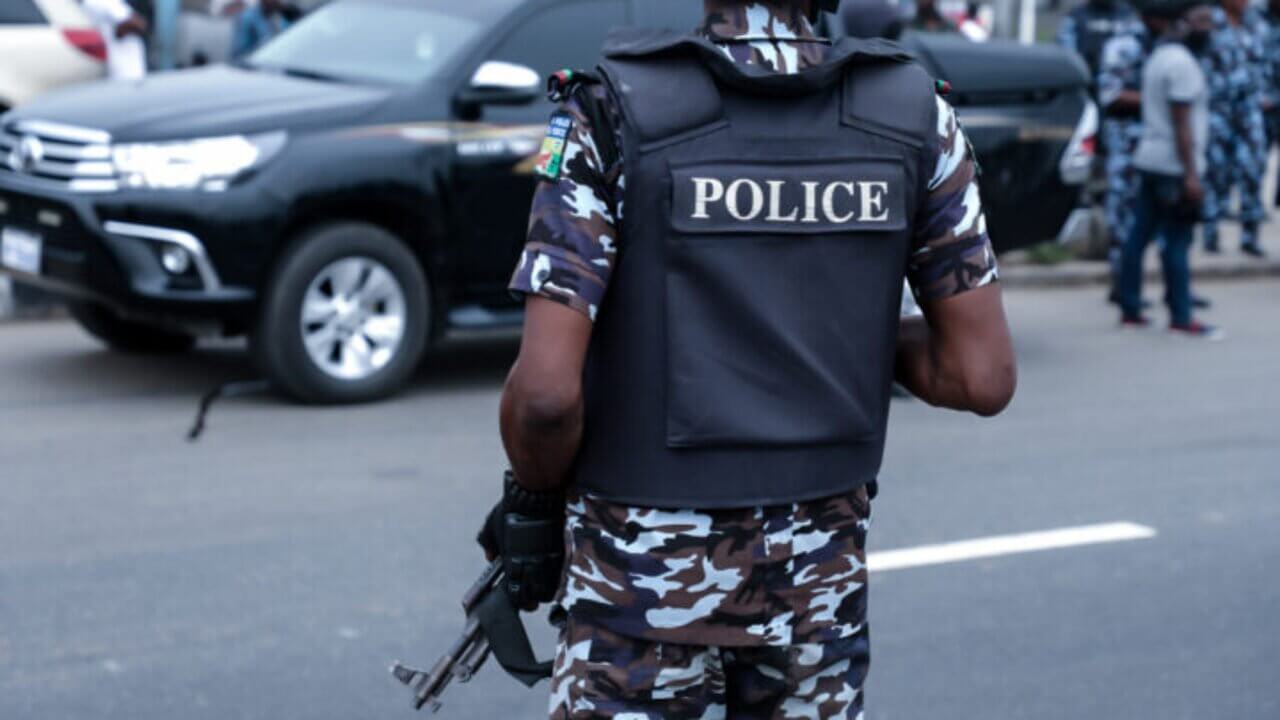At least thirty – seven people died in violent clashes between Ugandan security forces and supporters of opposition presidential candidate Bobi Wine this week , marking a particularly violent start to the country’ s election season.
Two days of protests were sparked by Wine ’ s arrest ahead of a political rally in the run -up to January 14’ s election , in which he is seen as the main challenger to President Yoweri Museveni , who is seeking to extend his 36-year rule .
Dozens died and hundreds were arrested as tyres were burned and police responded to hurled rocks with teargas , rubber bullets and live rounds in the capital Kampala and other towns.
On Friday, there was a heavy police and army presence in Kampala with roadblocks and security checks , after protests turned to looting and robberies the evening before.
“ We have recorded so far 37 dead bodies , those related to the protests which started Wednesday, ” police health director Moses
Byaruhanga told AFP, adding that the victims had died of wounds and suffocation.
Addressing a press conference Friday, police spokesman Fred Enanga claimed the protests were “ part of a loosely coordinated campaign” and not spontaneous .
He said that bows and arrows , as well as bottles , tyres and fuel for incendiary devices, had been found .
“ All indicators reveal these were not just impromptu actions, ” he said , adding that 375 people had so far been arrested.
– ‘ Weaponising ’ the pandemic –
Wine , who had been in custody since his arrest on Wednesday , was released on bail Friday and is due to appear in court again on December 18 charged with flouting Covid- 19 rules against large gatherings.
According to the charge sheet , seen by AFP , Wine is accused of “ an act which he knew or had reason to believe was likely to spread the infection of Covid-19. ”
In Kampala, drivers blared their horns and radio stations played Wine ’ s hits after news of his release came through .
Human Rights Watch accuses Uganda of seeking to “ weaponise ” pandemic restrictions, using rules on gatherings to stop political rallies.
“ The authorities have consistently used Covid- 19 guidelines as an excuse for violent repression of the opposition rather than to safeguard the democratic playing field for free and fair elections , ” said Africa researcher Oryem Nyeko .
The violence has raised fears and attracted condemnation .
“ The increasing spate of violence so early in the campaign season does not bode well for the weeks to come before the elections , ” said Nyeko.
The rights group urged security forces to “ respect the rights of people to peacefully protest” .
In New York , UN spokesman Stephane Dujarric this week called for Wine ’ s release, while the US embassy in Kampala said it deplored the violence and extended its sympathy to the victims and their families.
– Youth vs the old guard –
Wine , a 38- year -old pop star -turned-politician , has become a lightning rod for opposition to Museveni , who is seeking a sixth term.
Many young Ugandans see Wine as their champion in a country mired in poverty and youth unemployment .
Museveni , a 76- year -old former rebel who seized power in 1986, is one of Africa ’ s longest-serving leaders .
Wine has been repeatedly arrested, most recently on November 3 after he filed his candidacy for the elections , his concerts are routinely banned and his public rallies broken up with teargas .
Other opposition candidates have also been detained and had their rallies broken up by security forces who claim the gatherings contravene Covid- 19 restrictions.
However, Museveni ’ s own rallies have gone ahead unimpeded.
( AFP)

